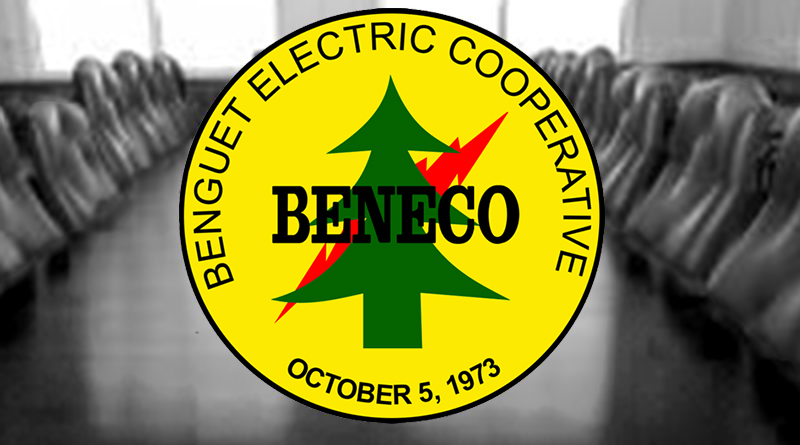The upcoming local election for barangay and Sangguniang Kabataan (SK) after postponements bring exciting message to the public. While some youth are being groomed to become future public officials through this political exercise, some see it as a training ground for those involved to assimilate the practices employed by those in power. The influence of some leaders to the youth cannot be denied and it can be positive or negative.
Criticisms on the controversies surrounding the involvement of the youth in politics had been in circulation in several media outfits. However, our personal observations on the involvement of youth as SK officials produced positive results especially in Benguet. Some of those exposed to SK are now occupying various positions in the province like Board Member, Mayor, Vice Mayor, Councilor, Punong Barangay, and Kagawad. Others are in government offices holding different positions from supervisory, managerial, and rank and file.
As I inscribe this piece, several youth members from various primary and laboratory cooperatives operating in the country gathered at the Pearlmont Hotel, Cagayan de Oro City. The National Youth Congress sponsored by NATCCO slated on April 25-27, 2018 with the theme “ Children and Youth: The face and brand of the Co-op’s Future”. The organizers designed the congress that will provide platforms for the youth to learn about themselves, build a strong personal brand, enhance their leadership and entrepreneurial skills and strengthen their financial awareness. Further, it aims to explore avenues where the youth can help build a progressive and compassionate society through active cooperative engagement. The Congress will also host the election of new Youth Committee and the NATCCO Youth Board for 2018-2020.
I salute cooperatives that harnessed the opportunities in putting up youth programs and in complying with the directives on the formation of laboratory cooperatives. The gradual phase out from Kiddie Savers to Laboratory Cooperative allows youth to personally engage in managing their resources as minors. For laboratory cooperatives the age requirement is 7-17 years old. Upon reaching majority age, the laboratory cooperative member can signify intention to become regular member upon completion of the minimum requirements.
The BSU MPC sent youth delegates from its Laboratory Cooperative. Initial information reached us that the delegation received an award. It might be a simple award but it means a lot to minors who are neophytes in national gatherings. The experience will be valued and cherished by the minors throughout their life that can motivate them excel in their academic and non-academic undertakings. How I wish all small, medium and large cooperatives can put up their respective laboratory cooperatives to help their youth members attain greater roles in the development of the cooperative movement. It would be beneficial if they invest in sending their youth members to benchmark in other regions and see for themselves how cooperatives operate diverse activities.
Furthermore, aligned with the concept of succession planning, it would be interesting to observe how the youth leaders apply their learnings as SK and Laboratory Cooperative Officers in actual life. It is encouraged that parents involve their children to become members of existing laboratory cooperatives. This practice can lead to training future cooperative leaders that have compassion and commitment to serve their fellow youth and community.
Finally, decision of children to join SK and Laboratory Cooperatives depend on how parents educate their children. The youth can further enhance their attitude, skills and knowledge about the benefits of cooperatives given proper guidance and opportunity to travel locally and internationally. As some authors put it “Experience is the best teacher.” Kudos to NATCCO and its affiliates and to the government for supporting the Sangguniang Kabataan.













